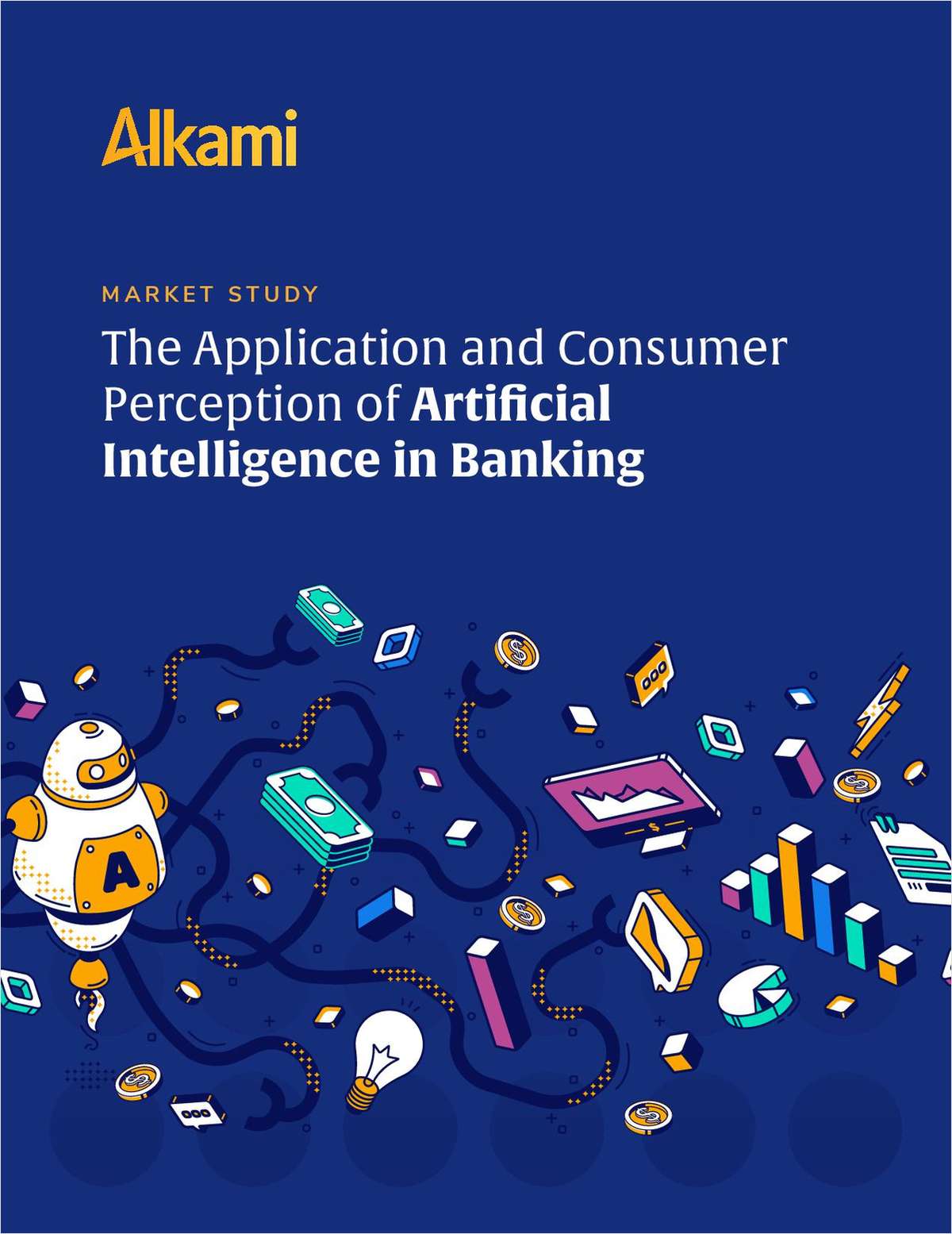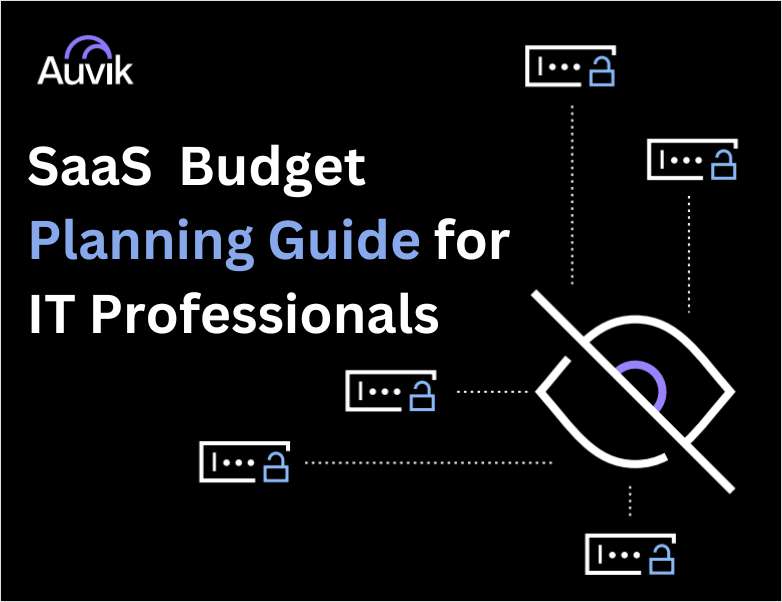AUSTIN, Texas – In stark contrast to her counterpart at VISA International whose abbreviated message left last year's TechMecca audience questioning, "That's it?" Ruth Ann Marshall, president of MasterCard North America, gave TechMecca 2002 attendees a rapid-fire, information-laden keynote address on the state of and the future of the payments industry. The second annual TechMecca Technology Conference & Expo was hosted by Texas Credit Union League, Pulse EFT Association and Independent Bankers Association of Texas. "For those of us in the payments industry, the ongoing challenge is to deliver new systems and methods that enable consumers and businesses to pay for what they need, the way they want, with convenience, security, and added value," Marshall said. "Today's payment options include debit cards linked to checking or savings accounts which can be used with a signature or a PIN, smart cards with embedded chips that perform a number of enhanced purchase functions, RFID systems, like the highly successful Mobil SpeedPass, and co-branded cards that reward users with every purchase." Cash and checks are already rapidly losing ground to debit, according to Marshall. The Federal Reserve reported earlier this year that the number of paper checks has declined from about 50 billion in 1995 to 43 billion in 2000. Debit cards, on the other hand, are projected to account for nearly 27 billion transactions worth upwards of $1.2 trillion dollars by 2010, more than 2 1/2 times the volume in 2001. In Canada, debit transactions have eclipsed check payments over the past five years, she said. Prepaid or stored value cards are rapidly replacing the paper gift certificate. Marshall said sales of prepaid store gift cards are expected to reach $36 billion this year. In addition to retail applications, stored value cards are crossing over into a host of other segments. Health insurance companies are storing Flexible Spending Account (FSA) benefits on a card and deducting as the insured person receives services from health-care providers. Verizon Wireless is testing a service that will allow users of its pre-paid telephone cards to replenish them at ATMs using a credit card. Companies including McDonald's, Sears, and Bank of America, offer their employees the option of receiving their wages on a payroll card, Marshall said. This is particularly beneficial to low income workers who are paying high fees at a check-cashing facility because they can't afford to pay minimum account balances at a financial institution. Workers can receive their net pay on a prepaid card instead of a paper check and retrieve their funds from an ATM all at once or in increments as needed. MasterCard's Zero Liability policy ensures lost or stolen payroll card replacement with full remaining stored value. Co-branded cards currently account for about 35 percent of the credit cards in the U.S. and are expected to jump to 50 percent by 2005. "What we're seeing now is a refreshening of existing programs," Marshall said, "such as those tied to oil and telecommunications companies, and competition for the next new currency beyond air miles." For example, CitiGroup has the "U-Promise" program, which lets consumers put 1% of their purchases toward a child's college education fund, and Chase has introduced the "Stockback" program, which helps consumers save for retirement by having a portion of their spending directed into a Fidelity retirement account. Coalition cards, issued by a number of companies in different industries, are an emerging trend that allow card users to earn points redeemable with any of the coalition members. Marshall said chip cards, or smart cards, are gaining acceptance around the world. Gartner Group research predicts that by 2004, more than 4 billion smart cards will have been distributed worldwide. More than 125 million smart cards with the MasterCard brand have already been issued around the world, and half of those provide value-added applications like loyalty, digital identification, electronic ticketing, electronic coupons or personal data storage. All of the MasterCards in France are smart cards and the U.K. is in the process of converting all general purpose cards to smart cards, Marshall said. In the U.S., smart card acceptance has been lagging but programs such as MasterCard's "OneSMART, enable members to select a set of smart card features and benefits to meet their specific program goals. MasterCard issuers can determine which applications or services they wish to bundle with their card programs. They can even select the size of the chip, the technology platform, and any enhanced security features they wish to add to the card. With a continued increase in online spending, Electronic Bill Payment and Presentment (EBPP) will, in the very near future, "replace the way we have traditionally settled our accounts," said Marshall. According to Jupiter Research, last year American consumers viewed 643 million bills, or 6 percent of all U.S. bills, online. By 2006, 3.5 billion invoices, or 32 percent of all U.S. consumer bills, will be viewed online and more than 50 million households will pay at least one bill online, says Jupiter. U.S. consumers receive 18 billion statements every year. "When we pay snail mail with checks and stamps, it costs billers more than $1.00 per bill. When paid electronically, the cost drops approximately .40 per bill. That alone would save processors $8 billion next year," said Marshall. Another example of how innovation has changed consumer behavior is the transponder that has become a preferred payment solution for gasoline and tolls. The Mobil SpeedPass has garnered a huge increase in loyalty and usage for Mobil, as has the E-Z Pass transponder mounted to car windshields that automatically deducts highway tolls. Marshall also cited smart wristbands being used at amusement parks and key tags used for faster fast food purchases as emerging RFID technology. Marshall said biometrics usage will increase, too. Kroger supermarkets began implementing a fingerprint scan payment system in mid-May. "From a practical point of view, in certain environments, fingerprint scans make a lot of sense for the payments industry. The technology is simple, reliable, and inexpensive. Sensors that scan a cardholder's fingerprint can be attached to merchants' card machines for about $100 and the technology will not require any changes to existing infrastructure," Marshall said. Marshall said she has even heard of churches accepting credit and debit payments in the collection plate. "Opportunities abound. From paying taxes to making donations in churches, we'll be anywhere a financial transaction takes place, with an ever-larger presence, handling ever-greater transaction volumes." -
Continue Reading for Free
Register and gain access to:
- Breaking credit union news and analysis, on-site and via our newsletters and custom alerts
- Weekly Shared Accounts podcast featuring exclusive interviews with industry leaders
- Educational webcasts, white papers, and ebooks from industry thought leaders
- Critical coverage of the commercial real estate and financial advisory markets on our other ALM sites, GlobeSt.com and ThinkAdvisor.com
Already have an account? Sign In Now
© 2024 ALM Global, LLC, All Rights Reserved. Request academic re-use from www.copyright.com. All other uses, submit a request to [email protected]. For more information visit Asset & Logo Licensing.









